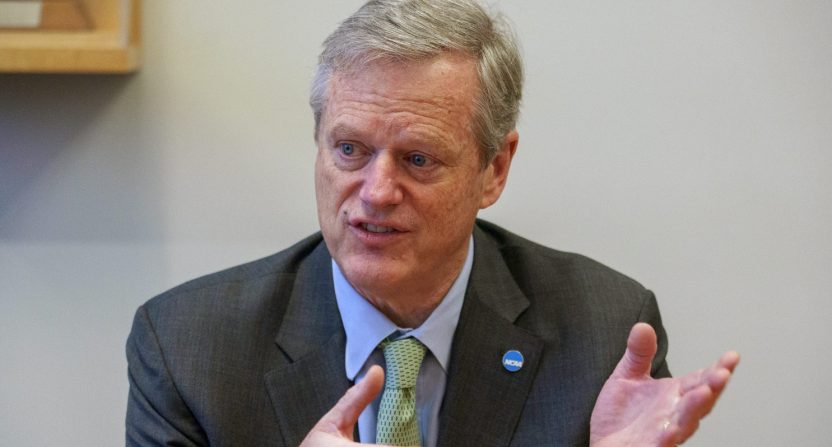NCAA President Charlie Baker’s recent call for a ban on college prop bets in states with legal sports wagering has ignited discussions about the integrity of collegiate sports and the well-being of student-athletes. Prop bets, which involve wagers unrelated to the final outcome of a game, have raised concerns about potential threats to the integrity of competitions and the increased risk of harassment faced by student-athletes. This article explores the implications of the NCAA’s proposal, analyzes the challenges and controversies surrounding college prop bets, and examines the broader context of sports betting in collegiate athletics.
The Rise of College Prop Bets: In recent years, the proliferation of legal sports betting has led to the emergence of college prop bets, which offer a wide range of wagering options beyond traditional game outcomes. Prop bets on individual player performances, such as the number of points scored or rebounds collected, have become increasingly popular among sports bettors. While prop bets add excitement and engagement to the betting experience, they also raise ethical and regulatory concerns, particularly regarding their potential impact on the integrity of collegiate sports.
Integrity and Competition: The NCAA’s stance on college prop bets underscores its commitment to protecting the integrity of collegiate athletics. By advocating for a ban on prop bets, the NCAA aims to mitigate the risk of betting-related misconduct, such as match-fixing or point-shaving, which could undermine the integrity of competitions and tarnish the reputation of student-athletes and institutions. Moreover, the prevalence of prop bets introduces additional pressures and distractions for student-athletes, potentially compromising their focus and performance on the field or court.
Challenges and Controversies: While the NCAA’s proposal reflects its dedication to upholding the values of fair play and sportsmanship, it also faces challenges and controversies. Critics argue that prohibiting college prop bets may not fully address the underlying issues of sports betting-related misconduct and may even drive such activities underground, beyond the purview of regulatory oversight. Additionally, the ban could infringe on individual liberties and limit consumer choice, prompting debates about the appropriate balance between regulation and personal freedom in the realm of sports wagering.
Protecting Student-Athlete Welfare: Beyond concerns about integrity, the NCAA’s call for a ban on college prop bets also aims to safeguard the well-being of student-athletes. The increasing commercialization of collegiate sports, coupled with the expansion of sports betting markets, raises questions about the potential exploitation of student-athletes for financial gain. By restricting prop bets on college athletes, the NCAA seeks to shield them from undue scrutiny, harassment, and exploitation, allowing them to focus on their academic and athletic pursuits without undue distraction or pressure.
Future Implications and Considerations: As the debate over college prop bets continues, stakeholders must weigh the competing interests of integrity, competition, and student-athlete welfare. Policymakers, sports organizations, and regulatory bodies must collaborate to develop comprehensive strategies that address the complex challenges posed by sports betting while preserving the integrity and spirit of collegiate athletics. Moreover, ongoing research and dialogue are essential to inform evidence-based approaches that promote responsible gambling practices and uphold the values of fairness, transparency, and equity in sports wagering.
The NCAA’s call for a ban on college prop bets reflects its commitment to safeguarding the integrity of collegiate sports and protecting the welfare of student-athletes. While the proposal raises important considerations about the impact of sports betting on competition and ethics, it also prompts debates about regulatory approaches, consumer freedoms, and the broader societal implications of sports wagering. As stakeholders navigate these complex issues, collaboration, innovation, and a shared commitment to the values of fairness and sportsmanship will be essential in shaping the future of collegiate athletics in an evolving sports betting landscape.
